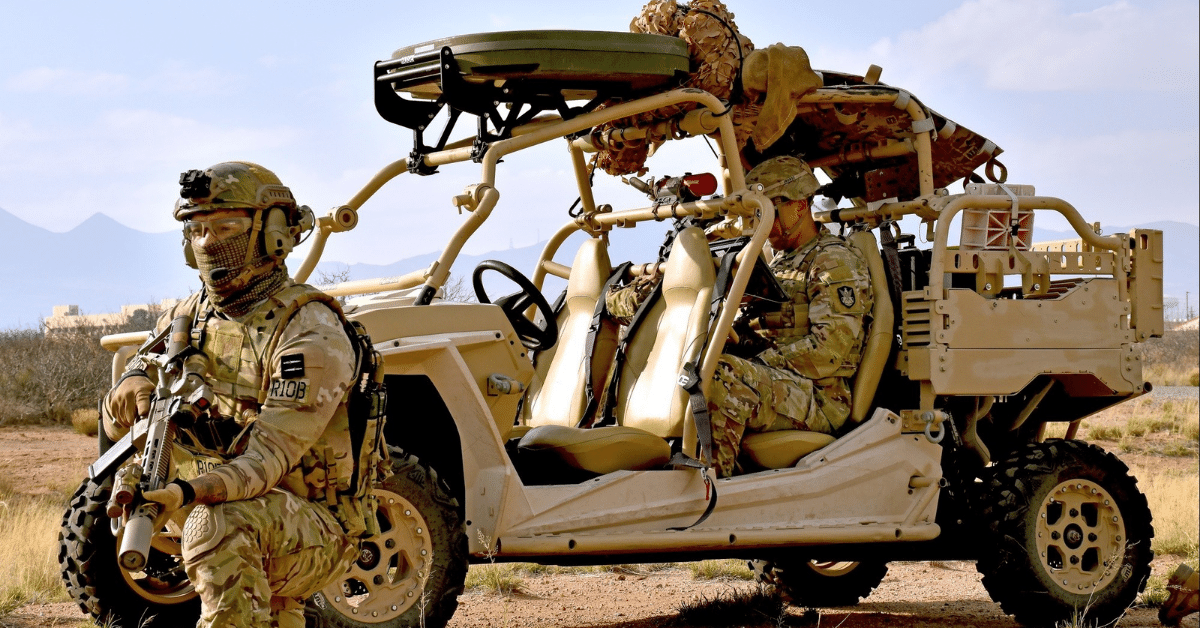Project Convergence materialized in 2020 with a goal of connecting Army sensors, command and control nodes and shooters at the tactical level.

While the initiative was originally created to tackle Army-specific problems, its reach has dramatically expanded over time. Now, Project Convergence serves as a key part of the Department of Defense’s Combined Joint All-Domain Command and Control effort, in which its philosophy of continuous learning has become a building block for the collaborative development of cutting-edge technologies.
Project Convergence is one topic that may be discussed at the Potomac Officers Club’s 2024 Army Summit on June 13. During the event, you will have the chance to hear key Army officials share their insights on the service branch’s top challenges and priorities. To learn more and register to attend the summit, click here.
Since its inception, Project Convergence, which is led by the Army Futures Command, has held four major gatherings. During its most recent Project Convergence Capstone 4 in March, the program expanded its focus on joint operations, which entered the Project Convergence conversation in 2021 and grew in prominence during the 2022 iteration of the event.
At PC-C4, representatives from different branches of the U.S. military came together with militaries from allied nations and other partners to test out a wide range of technologies. Joint experimentation was one of five major topics that characterized this year’s gathering.
Informed by previous editions of Project Convergence, PC-C4 brought many emerging technologies and warfighting methods to the stage. One strategy participants tested was layered defense, an approach that uses multiple types of weapons to combat targets in a single area. Robotic dogs were another tool explored during the event.
PC-C4 teams also conducted an exercise in which data was transmitted over the Pacific Ocean, from Australia to several locations within the continental U.S. According to Breaking Defense, the Army planned to evaluate the sharing and sending of data from one corps to another during PC-C4 Phase 2, which took place March 11-20.
The success of this year’s Project Convergence was in part due to the Army’s decision not to hold the event in 2023 so it could spend more time analyzing the findings from the 2022 exercises.
“It would be foolish, in my view, to spend the time and resources to do that kind of complex experimentation and not give ourselves the time to get the lessons and the insights out of it,” Army Secretary Christine Wormuth, a 2024 Wash100 winner, told C4ISRNET and Defense News.
With this extra time, the Army worked to improve the complexity of existing exercises for PC-C4.
Learn more about current Army initiatives at the 2024 Army Summit. Register here.




